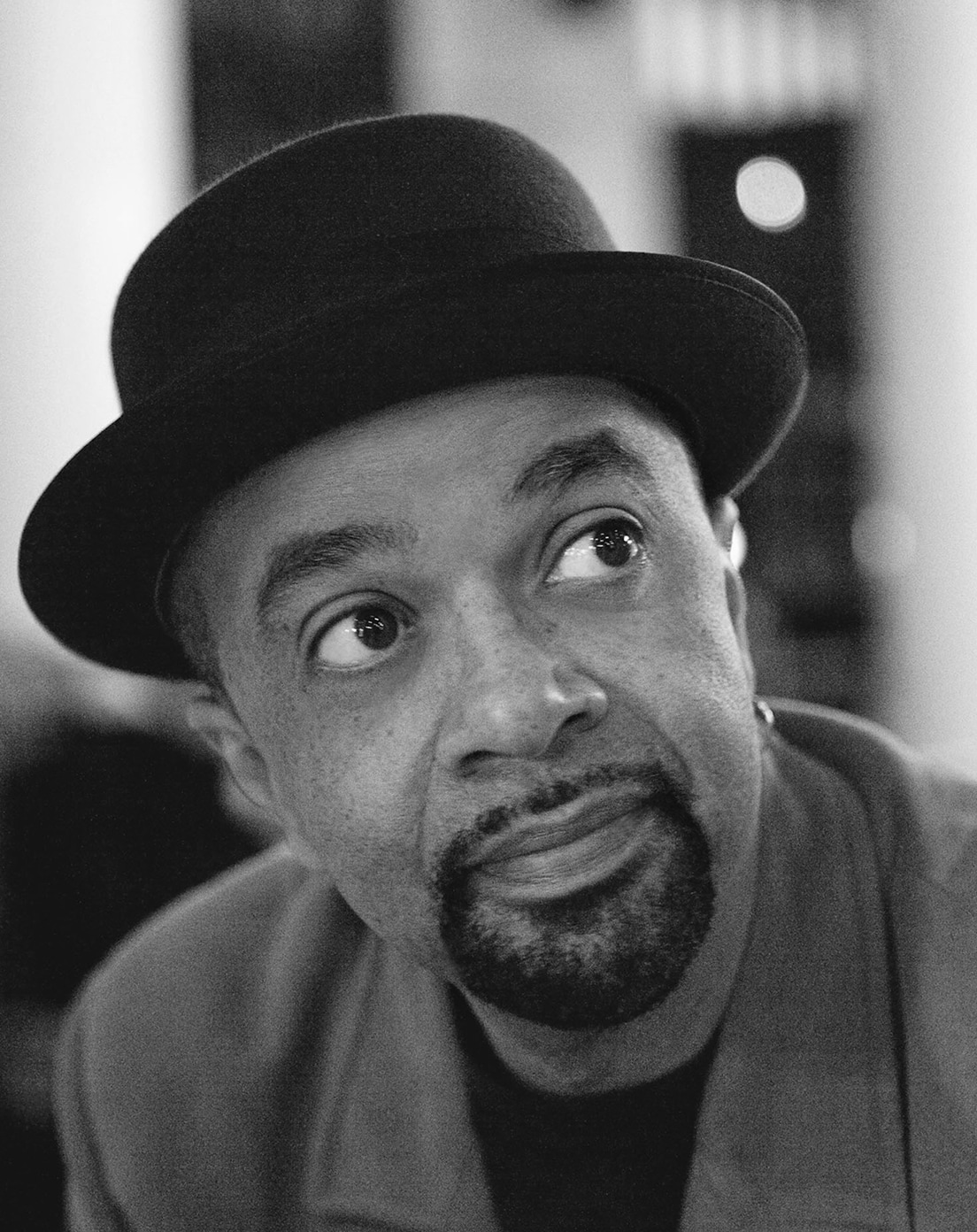Few writers have made the kind of spectacular, multimedia splash onto the literary scene the way James McBride has.
McBride, 56, first attracted attention in 1996, for his memoir, The Color of Water: A Black Man’s Tribute to His White Mother. It sat atop the New York Times bestsellers list for two years, selling more than two million copies and winning an Anisfield-Wolf award for nonfiction. His first novel, 2002’s The Miracle of St. Anna, enjoyed a movie adaptation from director Spike Lee, for which McBride adapted the screenplay.
But Song Yet Sung received a quieter reception in 2008. “Only eight people read it, and I have 11 brothers and sisters so that’s saying something,” he quipped at his recent appearance at the Hudson Library & Historical Society in Ohio.
It’s safe to say McBride has rebounded nicely with The Good Lord Bird. A picaresque story built around abolitionist John Brown, the story is told through the eyes of runaway slave Henry Shackleford, a boy passing as a girl. It won the 2013 National Book Award in November; McBride was so surprised he carried his dinner napkin up to the lectern, where he had to improvise an acceptance speech.
“In jazz, lots of people play the same songs,” McBride told the Daily Beast. “But it’s the way you play it is what distinguishes you from the next man or woman who plays it.”
Indeed, music informs McBride’s writing, and vice versa. An accomplished tenor saxophonist, McBride has traveled with jazz legend Jimmy Scott and composed songs for Anita Baker. For his last two books, McBride has married the literary with the musical on tour with what is now the Good Lord Bird band. The quintet performed funky, jazz-infused renditions of enduring gospel hymns, often packing auditoriums and driving audience members to their feet. Others sway in their seats.
Watch this clip of the band’s performance at the New York Public Library.
McBride, who earned a conservatory degree at Oberlin College in 1979, noted the connection he felt with John Brown, who worked for a time at Oberlin, and whose father was a trustee.
“History depends on who’s telling it — and why,” he said. The novel “seemed a way to thrust Brown into the reality of now.”



